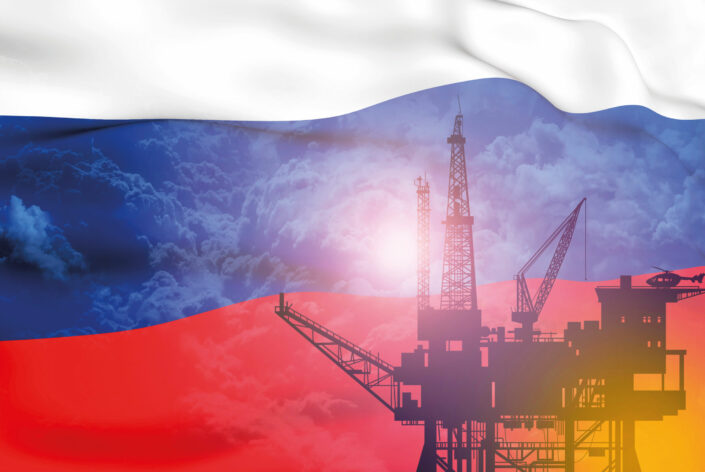The European Parliament has formally adopted a proposal to ban all EU imports of Russian oil and petroleum products, as well as purchases of fuel from refineries that use Russian crude.
The proposal also outlines a crackdown on Russia’s shadow fleet, including systematically imposing sanctions on any vessel sailing through EU waters without known insurance and granting ports the authority to seize illegal cargo without compensation.
MEPs voted on November 14 to adopt the resolution, which establishes the Parliament’s position ahead of the European Commission’s next round of sanctions.
“Stressing that the impact of existing sanctions and the financial and military support to Ukraine will continue to be undermined as long as the EU imports Russian fossil fuels, MEPs urge the EU and its member states to ban all imports of Russian fossil fuels, including LNG,” the Parliament says in a statement.
Although the EU has imposed escalating sanctions against Russia since its 2022 invasion of Ukraine, some member states have continued to import oil and fuel where still permitted.
Research published this month by the Centre for Research on Energy and Clean Air (CREA) found Austria, Slovakia and Hungary imported oil and gas worth more than US$600mn last year, making use of an exemption on purchases via certain pipelines.
Over the same period, France and Belgium imported LNG – not currently subject to sanctions – worth over US$400mn.
CREA has also called for tighter controls on imports of oil products from refineries that source crude supply from Russia.
It said in May that in the first year after sanctions were introduced, EU member states purchased oil products worth €3.1bn from three Turkish ports, which themselves sourced 86% of oil inputs from Russia.
This month, it revealed EU imports from three Indian refineries – also large buyers of Russian crude – had increased 58% year-on-year over the first three quarters of 2024.
The organisation has dubbed the arrangement a “loophole” in European sanctions, and a European Commission spokesperson previously told GTR they believe it “goes against the aim of our sanctions”.
The latest European Parliament resolution calls for a ban on all Russian fuel imports and proposes automatic sanctions on vessels exporting Russian LNG, effectively denying them access to EU ports and shipping services.
Citing the example of Turkish refineries, it calls for authorities to identify buyers of Russian oil and introduce a “full ban… on re-exported Russian refined oil products”. This should be supported by testing of fuel products to check their origin, it says.
To tackle Russia’s shadow fleet of vessels, the resolution says future EU sanctions should target individual vessels and their owners, operators, banks and insurers.
It also notes that many of those tankers are ageing, increasing the risk of environmental disaster, yet are typically not covered by P&I Club insurance. Any vessel sailing without known insurance should also be subject to sanctions, it says.
For countries that provide services to these vessels, such as flag registration, the EU “should seriously reassess its bilateral cooperation with non-EU countries that are helping Russia circumvent EU sanctions”, the resolution says.







